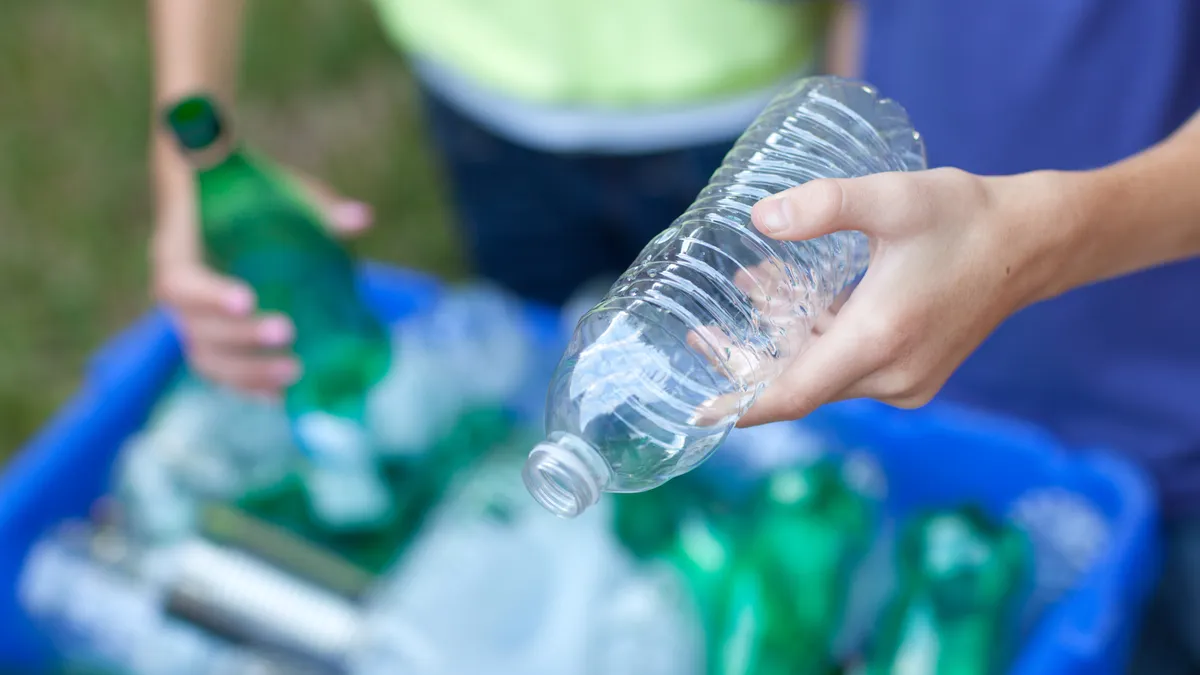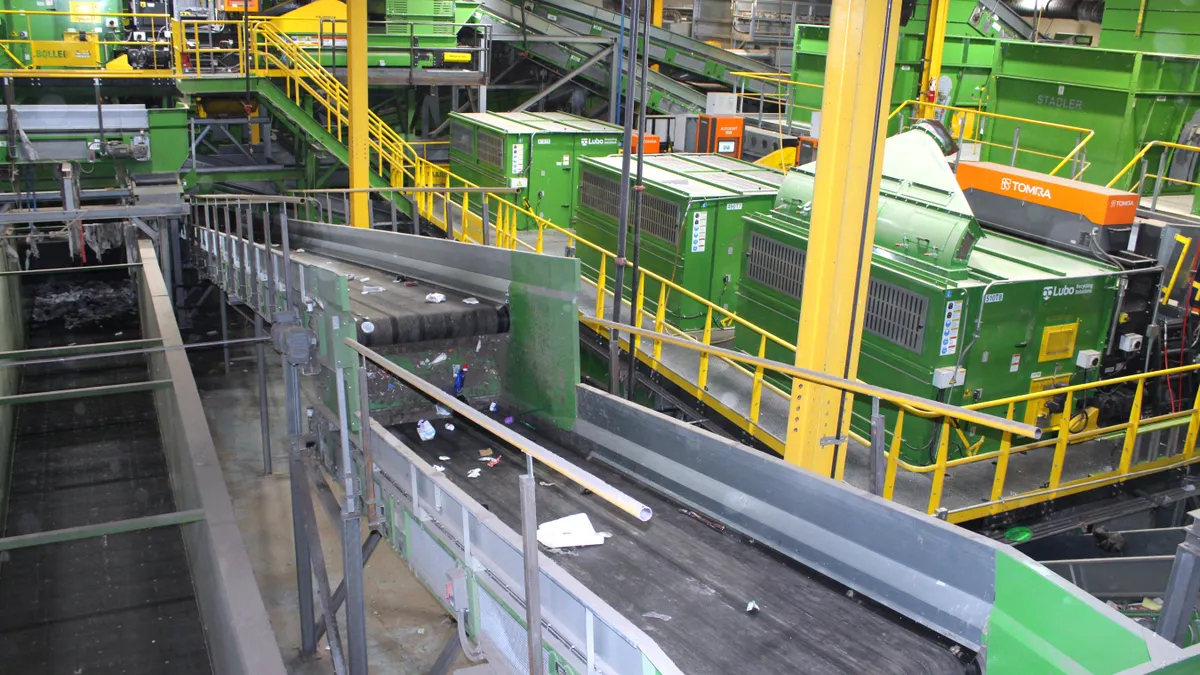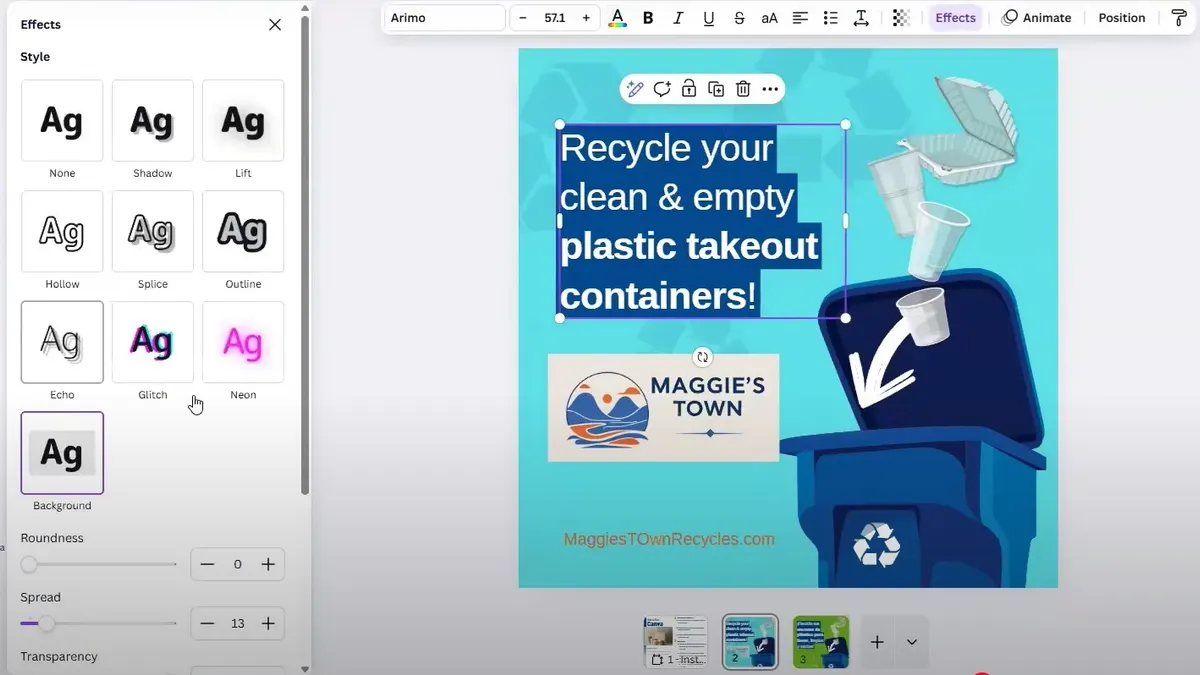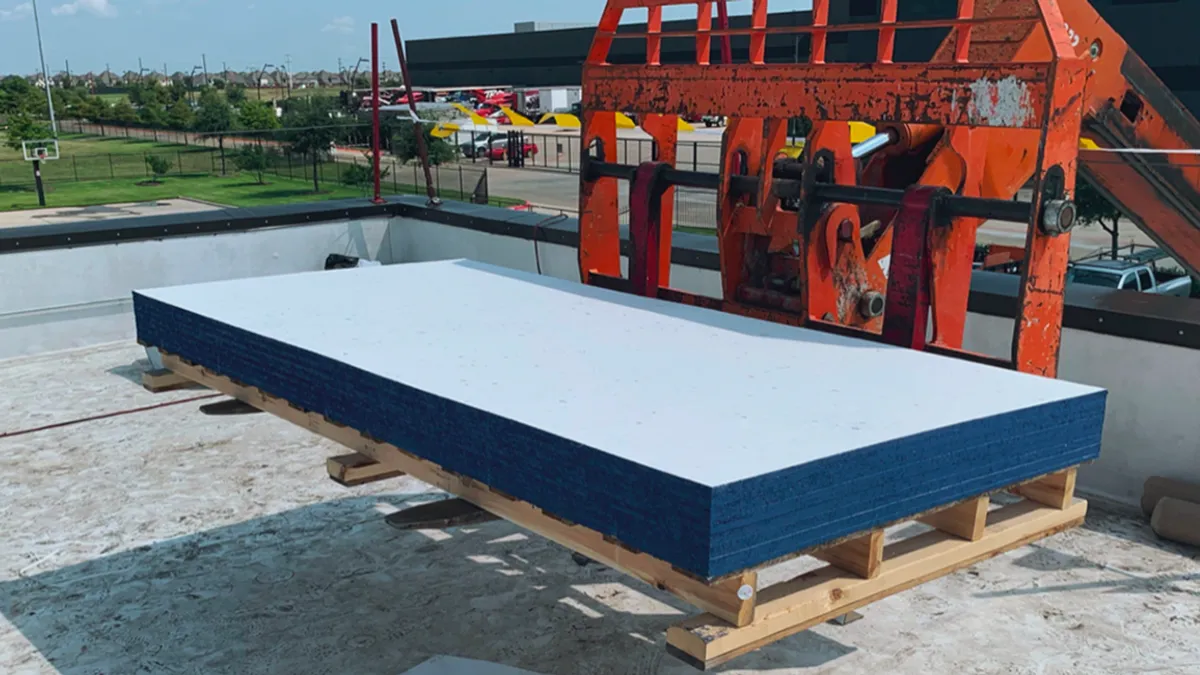Dune Ives knows a great recycling story when she sees one — and she sees them everywhere, from a woman’s polypropylene-filled garage to a postcard-sending recycling truck.
Circulating compelling, unusual stories to a wider audience will be part of her new job as The Recycling Partnership’s chief marketing officer.
Ives has worked in environmental and climate change efforts for more than 25 years, most recently as the executive director of environmental group Lonely Whale. The organization became known for multimedia campaigns tackling issues such as ocean plastic pollution and single-use plastic reduction.
Ives brings her knowledge to TRP, where she now leads a team that will work on campaigns and communications meant to make recycling more personal and relatable for the general public. “There might be a mascot. It might be in production. It might be green,” she said with a laugh.
A big part of her job will be to take aim at the idea that recycling doesn’t work. It’s something she plans to battle in her new role at TRP by highlighting recyclers, municipalities and others that are using community-based programs and new technologies to improve collection. TRP is also working on campaigns highlighting efforts to make recycling more accessible.
“The reality is that we have these material recycling facilities all across the country, over 9,000 recycling programs and hundreds of thousands of people who work in recycling every day,” she said. “We have people who want to recycle, who want to see it work and know it does work. We just need to tell that story more.”
Ives talked with Waste Dive about her new role and how The Recycling Partnership aims to maintain its work with municipalities and recyclers while also emphasizing its message to a wider audience.
This conversation has been edited for length and clarity.
WASTE DIVE: How is The Recycling Partnership approaching its public-facing recycling campaigns for the near future, and what have you learned from your previous roles that you’ll be using to drive that work?
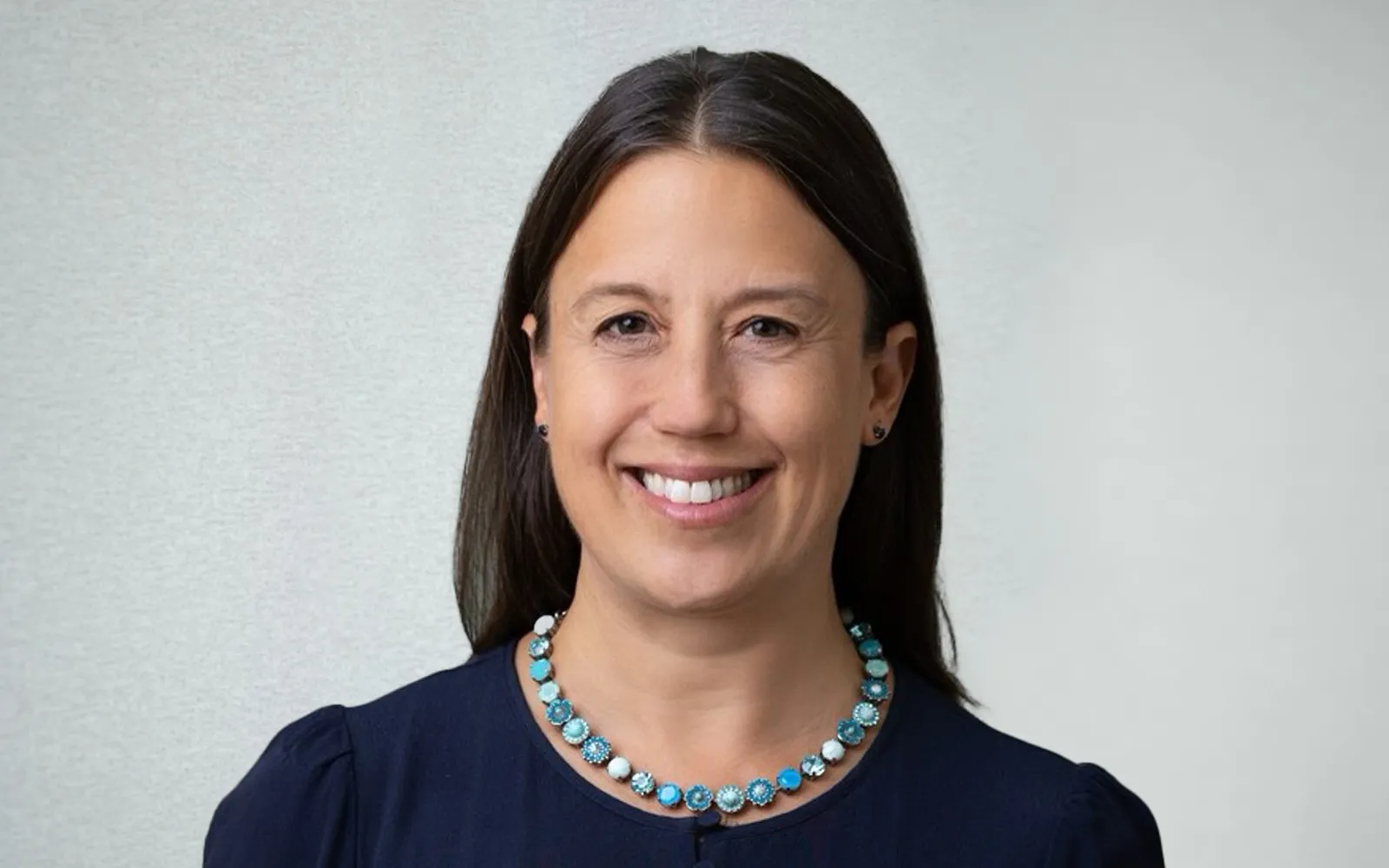
DUNE IVES: This is [The Recycling Partnership’s] 10 year anniversary, and it's an important inflection point. Where will we go next? My team is telling the story about where we've been and the impact that the grant making we've been doing has made in the lives of the communities that have received these grants. My team is also responsible for helping to shape the narrative about where we're heading next over the next 10 years.
At Lonely Whale, we had really high-value production content and storytelling and campaigns to spark the imagination and allow people to see themselves in the story and start to shift social norms. It focused on the plastic waste issue. But what I love about coming to The Recycling Partnership is that it's not just about plastic, it's about all substrates and making sure we have the most effective recycling system domestically that we can possibly have.
A lot of our focus was figuring out what gets people to pay attention to something that is in their everyday life that has just become normal. There's trash on the ground and there are unnecessary, single-use items in our day-to-day life that we've just accepted as normal.
One of the most important things to understand in behavior change communications is that nobody likes to be told what to do. It’s also challenging to get someone to engage in something when all we talk about is how bad it is. “Recycling is too hard. Recycling is so expensive. Recycling doesn't do anything to reduce plastic production or glass production.”
I'm excited to take the lessons learned from Lonely Whale and apply them in the recycling industry to say, “Actually, recycling does work.” It works in Elgin [Illinois.] It works in Kansas City, Missouri. It works in Baltimore. It actually works all around the country. It’s about showing success stories so that people get really excited about participating.
There are a lot of recycling campaigns out there that focus on individuals’ actions. How do you design those messages in a way that also balance with the wider policy initiatives TRP supports?
If we want somebody to do something, there has to be a readily available solution. In some cases, there isn't an easy way for people to participate in recycling, and that's where policy change becomes so important.
Five states recently adopted [extended producer responsibility] laws, and Oregon is getting ready for implementation. The Recycling Partnership is participating in that as a key partner and leader by providing more access to recycling, making it simpler to recycle and making sure we can tell people with confidence that when you recycle these materials they are going to end markets. Then we can start to build a coalition of people who see the value of recycling and are really excited about participating in it. So that's our big mission.
Recently, we delivered testimony to the Senate Environment and Public Works committee that was focused on the value of federal funding and how important it is to communities all across the United States. But it's also really important to have funding at the state level, so it's important make sure they know what's happening in different states. Our state of residential recycling report that we just published is targeted at policymakers and local community decision-makers to understand what it's going to take to build an effective recycling system.
The Recycling Partnership has always had several different audiences for its messaging, including recyclers, brands and municipalities. What is driving TRP’s expanded focus on recycling messaging for everyday people?
We have solutions. We have willing funders. We have state policies getting put into place. We're meeting the requirements of an effective recycling system. So how do we then combat this pervasive narrative that recycling doesn't work? That’s really my team's focus, and the organization's focus. It is not our message to say that consumers are the reason why we have the [lower recycling] numbers we have today. But we do need to make sure that when we are talking about the general public, we're helping them understand what happens with their materials.
We see real people every day who are committed to recycling. We met this woman who was saving polypropylene in her garage for years, just waiting for her local recycling facility to be able to take polypropylene. Because of a grant that we provided to the local recycling facility, they could take polypropylene. That is exciting to me.
[For TRP’s campaigns,] it’s too early to say exactly what it's going to look like. But it's important that it's accessible, so that people view themselves in it, that it's relevant to a place and time. What works in New York is not going to be what works in Seattle.
It also needs to not be one-and-done. It's something that takes shape over multiple years and is constantly [evolving] as people's engagement, new solutions and new policies develop. It's going to be different than anything you've seen in the recycling industry before.
From the recycling industry at large, there are some really cool new innovations, and I want to tell those stories more. It’s like when you're doing a documentary film and you leave film on the cutting room floor, right? We have so many stories that are on the cutting room floor.
There's this cool AI-based technology that we helped to fund. It’s a recycling truck with a camera on it, and if you put the wrong thing in the recycling bin, it will take a picture and send you a postcard. I mean, that's really fascinating. People are really doing the work in the recycling industry and not enough people know about it.
This story first appeared in the Waste Dive: Recycling newsletter. Sign up for the weekly emails here.



